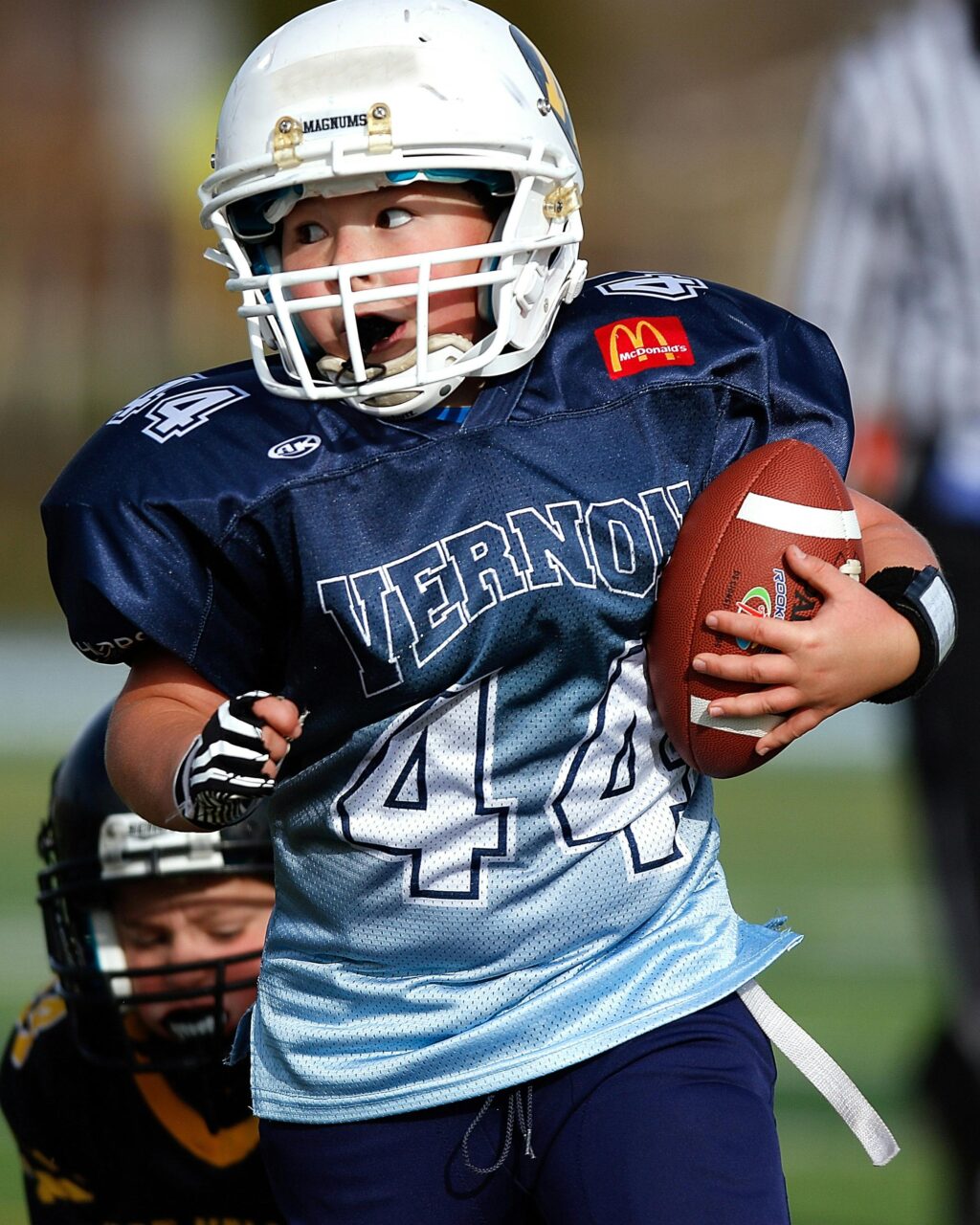
Youth sports programs provide invaluable opportunities for growth, learning, and camaraderie. But keeping the team spirit high is crucial to making sure everyone has a good time.
Here’s a concise guide on enhancing team morale in youth sports programs.
1. Enhance Team Unity With Customized Gear
Customized team gear serves as more than just apparel; it’s a powerful tool for building team unity. When players don personalized jerseys, hats, or bags adorned with the team logo, it creates a visual representation of their shared identity and belonging. For instance, a youth soccer team may have custom soccer scarves. These unique accessories become cherished symbols of team spirit, uniting players and fans alike. By proudly sporting these customized items, players not only enhance team cohesion but also strengthen the overall sense of community within the program. Encouraging players to display their team gear both on and off the field reinforces their dedication and camaraderie, fostering a supportive environment where everyone feels valued and connected.
2. Focus on Individual and Team Development
Fostering a growth attitude in athletes—where mistakes are seen as teaching opportunities—is essential to helping them develop resilience and tenacity. All team members can develop a strong sense of motivation and accomplishment by developing their skills within the team’s framework. Furthermore, incorporating symbolic elements such as customized team accessories can reinforce these values, serving as visible reminders of both individual and collective triumphs, thus promoting unity and pride among players. These deliberate efforts can foster a climate of support and friendship, which will ultimately aid in the growth and achievement of the team as a whole.
3. Promote Sportsmanship and Respect
Instilling values of sportsmanship and respect is not only crucial but also foundational for fostering a positive team culture within youth sports programs. Encouraging fair play, integrity, and empathy both on and off the field lays the groundwork for creating a supportive and inclusive environment where every member feels valued and respected. Leading by example is crucial, so make sure you continuously exhibit these principles and stress how important it is to treat officials, coaches, rival teams, and teammates with respect and decency. By prioritizing these principles and actively promoting them through communication and actions, teams can cultivate an atmosphere of mutual admiration and cooperation, thereby enhancing both individual growth and collective success on and off the field.
4. Encourage Inclusivity and Diversity
Embracing diversity within your team and actively celebrating differences is essential for creating a truly inclusive environment within youth sports programs. It’s crucial not only to acknowledge but also to appreciate the unique backgrounds, abilities, and identities of every team member. A sense of togetherness and belonging can be developed by creating an inclusive atmosphere where everyone is respected and accepted for who they are, despite their differences. Promote respect and understanding between players from different backgrounds by encouraging cooperation and teamwork. By embracing diversity and promoting inclusivity, teams can harness the collective strength of their members and foster a culture of respect and cooperation both on and off the field.
5. Balance Competition With Fun
While competition undoubtedly adds excitement to sports, maintaining a delicate balance between striving for success and simply enjoying the game is paramount within youth sports programs. It’s crucial to ensure that practices and games provide both challenge and enjoyment for all players involved, fostering a well-rounded and fulfilling experience. By incorporating various fun activities, team-building exercises, and opportunities for bonding, you not only keep morale high but also foster a profound sense of camaraderie and unity among team members. Prioritizing enjoyment alongside competition creates a positive and enriching experience for young athletes, ultimately contributing significantly to their overall growth, development, and lifelong love for the sport, both on and off the field.
Conclusion
Building team spirit in child sports requires commitment, dialogue, and understanding. A positive and fulfilling experience for young athletes can be attained by enhancing unity, encouraging development, establishing sportsmanship, fostering inclusivity, and striking a balance between competitiveness and enjoyment.


